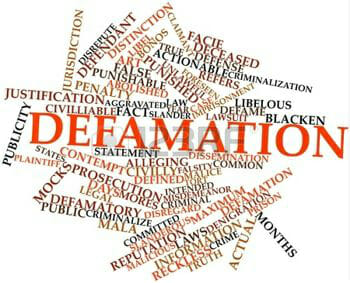Defamation of character is defined as the spread of a false and libelous statement. A statement may be true or false by inference and can be classified as slander or libel if the speaker knew that it was not true or acted with reckless disregard for the truth. A public figure may face a higher standard of proof than private citizens. Here are some ways to protect your reputation:
A common scenario for a defamation of character case is when a person is accused of stealing or has his character maligned by someone else. While the police did not press charges against him, co-workers spread rumors about him. The employee did not sleep well because he was so stressed. People looked at him differently after the rumors were spread. However, the employee was not guilty of stealing.
In addition to criminal prosecution, defamation of character may also result in equitable relief. Equitable relief can force the defendant to remove defamatory materials or prevent future publication of them. A plaintiff can also seek a permanent injunction against the publication of the statements. While these options are not available in every state, they still represent the plaintiff's best bet. It's important to understand that defamation of character is a serious offense and should not be taken lightly.
Defamation of character is a civil wrong that can lead to a large settlement. If someone defames your character in a public forum, you can file a lawsuit for damages. This is a common cause of lawsuits in court. It's important to understand how the laws apply to such cases before filing a lawsuit. In general, defamation of character claims are filed by individuals who feel their reputation has been damaged. Personal Injury car accident attorneys








